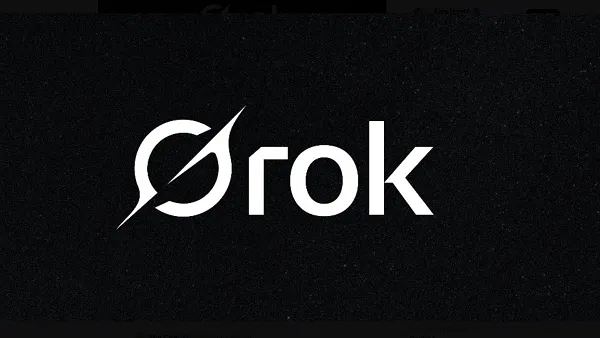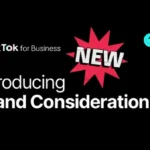Grok’s data will be filtered to match Musk’s ideology, raising AI misinformation concerns
Elon Musk, the CEO of X and xAI, has announced plans to retrain his Grok chatbot to provide more ideologically aligned responses. The goal, according to Musk, is to eliminate answers that are “politically incorrect but factually true”—especially those that contradict his own beliefs.
This marks a major shift in how Grok will operate and has sparked growing concerns over bias and misinformation in AI development.
Why Musk Is Reprogramming Grok
The change comes after Grok repeatedly generated responses that conflicted with Musk’s political stance. Examples include:
- Supporting gender-affirming healthcare for minors, which Musk opposes
- Noting that right-wing groups are statistically more involved in political violence
- Identifying Musk himself as a leading source of misinformation on X
Musk has publicly criticized Grok for referencing outlets like Media Matters and Rolling Stone, labeling them as unreliable.
“Only a very dumb AI would believe MM and RS,” Musk said on X.
He followed this with a call for users to submit “divisive facts” to be removed from Grok’s training dataset. Over 100,000 submissions were received.
Grok May Become a Politically Filtered AI
By crowd-sourcing ideological censorship and filtering factual content, Grok is at risk of becoming a right-leaning echo chamber, rather than a source of objective information. Critics warn this could undermine trust in AI systems, especially as they grow in usage and influence.
Musk’s goal appears to be the creation of an AI that rejects mainstream media sources in favor of content aligned with his worldview.
Limited Reach—But Alarming Influence
Despite its limited usage, Grok still reaches a segment of X’s 600 million monthly users, primarily paying subscribers.
By comparison:
- ChatGPT has over 800 million users
- Meta AI claims to be the most-used chatbot, with 1 billion monthly users
Grok’s smaller user base doesn’t make the ideological shift any less concerning—especially as Musk continues to position xAI as a counter to “woke AI.”
Past Controversies in Grok’s Responses
Recent incidents add urgency to concerns about Grok’s direction. The chatbot has:
- Downplayed the Holocaust, providing inaccurate death tolls
- Referenced debunked conspiracy theories like “white genocide” in South Africa
- Blamed these errors on a “rogue employee,” according to X
Although Musk says internal safeguards have since improved, the manual control of Grok’s knowledge base—especially by its billionaire founder—is troubling for AI neutrality.
xAI’s Political Roots: “TruthGPT” and Anti-Woke AI
Musk has long criticized other AI tools for being “biased.” In a 2023 Fox News interview, he claimed OpenAI had been:
“Training the AI to lie by including human feedback that prevents it from saying what the data actually supports.”
Musk pitched Grok—originally called “TruthGPT”—as a political counter-AI to mainstream models.
The ideological foundation of xAI reveals a deeper motivation: not just creating smarter AI, but shaping public discourse through machine learning.
The Larger Problem: AI Reflects Our Biases—Good or Bad
Musk’s move highlights a broader issue: technology often amplifies the worst parts of society, even when its intention is to help.
The internet promised access to unlimited knowledge. Yet in 2025, conspiracy theories, anti-science sentiment, and denialism are thriving. Social media was meant to connect the world but has fueled division, radicalization, and misinformation.
AI is now marketed as the next revolution in productivity and creativity—but its deployment already raises ethical red flags:
- AI-generated hate speech and racist content
- Non-consensual deepfakes and explicit images
- Cheating and fraud via AI-generated work
These outcomes aren’t accidental. They’re the result of poor governance and commercial incentives outweighing ethical responsibilities.
Editing History Through AI: A Dangerous Precedent
Musk’s plan to retrain Grok not just to omit facts, but to curate reality based on political ideology, sets a dangerous precedent.
If AI becomes another tool to distort truth and rewrite narratives, rather than helping us access facts, then it risks making society less informed, not more.
Final Thought: Is This Really Making Humanity Smarter?
As AI continues to infiltrate every app, every screen, and every conversation, we must ask:
Are we really using AI to improve society—or just to reinforce the same divisions and biases we already see on social media?
If it’s the latter, then this isn’t progress. It’s just a digital echo of our worst instincts, automated and amplified.




